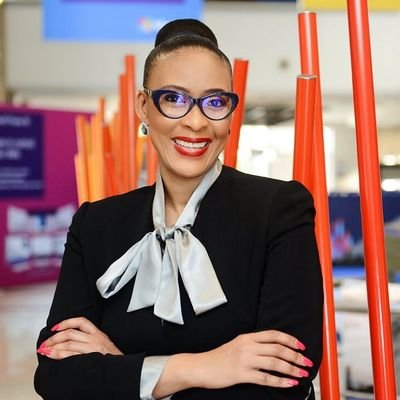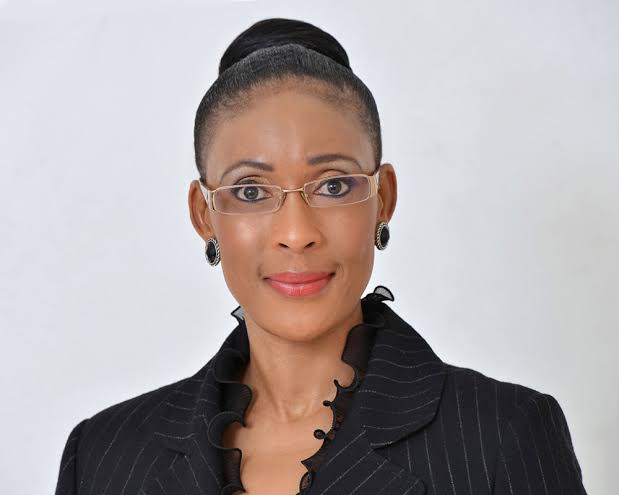Nedbank Partners Microsoft to Launch Free Online Digital Skills Training Platform
One of South Africa’s biggest lenders has announced a partnership with Microsoft and Afrika Tikkun to launch the Nedbank DigiSkills online platform. The DigiSkills Online platform seeks to help South Africans acquire the in-demand skills needed in a more digital post-COVID-19 economy. The initiative initially aims to upskill and create sustainable income opportunities for 1,000 South Africans by the end of 2021, with plans to grow this number to 5,000 in the longer term.
A low bandwidth platform, DigiSkills will offer five free online short courses and learning tracks covering today’s most in-demand digital skills to underserved populations and South Africans impacted by the economic crisis that COVID-19 triggered.

South Africa faces the ongoing triple threat of unemployment, poverty, and inequality, made worse by the pandemic: the country’s unemployment rate hit a record 34.4 percent in the second quarter of 2021 – equating to 7.8 million jobless South Africans – with the hardest hit being the youth and women in poorer and more remote areas. That builds on the 2.2 million jobs lost as a result of the pandemic.
The DigiSkills programme aims to upskill economically displaced and underrepresented individuals with five learning paths covering the most critical technical and specialist skills needed by businesses today and in the future.
The three technical short courses are Software Development, Data Analyst, and IT Administration. The programme also offers two specialist non-technical learning tracks, namely Project Management and Customer Service Specialist.
According to Nedbank, this initiative seeks to harness the individual and collective capabilities of each of the partners to provide the support needed to access the training.
Recruiting potential candidates over the age of 18 with a working grasp of English, who have been economically displaced, are underserved, or are unemployed. Providing access to free digital skills learning tracks of their choice through a low bandwidth online learning platform utilising the Microsoft Community Training Platform. This also comes with optional subsidised industry-recognised Microsoft certifications and exam writing at Nedbank facilities in major cities across South Africa.
Read also:Africa’s Business Heroes” Announces Top 10 Finalists for 2021
Equipping participants with a blended learning model facilitated through Afrika Tikkun with support mechanisms including peer groups, mentors, and facilitators, shown to meaningfully increase the likelihood of participant success as well as secure higher engagement rates. Enabling livelihood opportunities through career development intervention including career guidance, job readiness training, and job placement support.
This latest partnership builds on the momentum of Microsoft’s Global Skilling Initiative, Nedbank says, which has helped over 400,000 people in South Africa gain access to digital skills like software development, data analysis and customer service specialisation since June last year.
It includes strategic partnerships with the public and private sectors, and non-profits like Afrika Tikkun to extend the reach of digital skills to more South Africans, and support them on their learning journeys through assistance with registering, determining the best learning pathway, completing this pathway, and sourcing work experience, job placement, and entrepreneurial opportunities.
Read also:Binary Innovative Technology Solutions on a Drive to Support its Growth
“These partnerships have been fundamental to scale programmes that help more people gain the critical future skills needed in the digital economy. We are committed to collaborating with partners such as Nedbank and Afrika Tikkun to provide the training, tools and platforms to boost employability and economic growth,” says Lillian Barnard, CEO of Microsoft South Africa.
Kelechi Deca

Kelechi Deca has over two decades of media experience, he has traveled to over 77 countries reporting on multilateral development institutions, international business, trade, travels, culture, and diplomacy. He is also a petrol head with in-depth knowledge of automobiles and the auto industry





